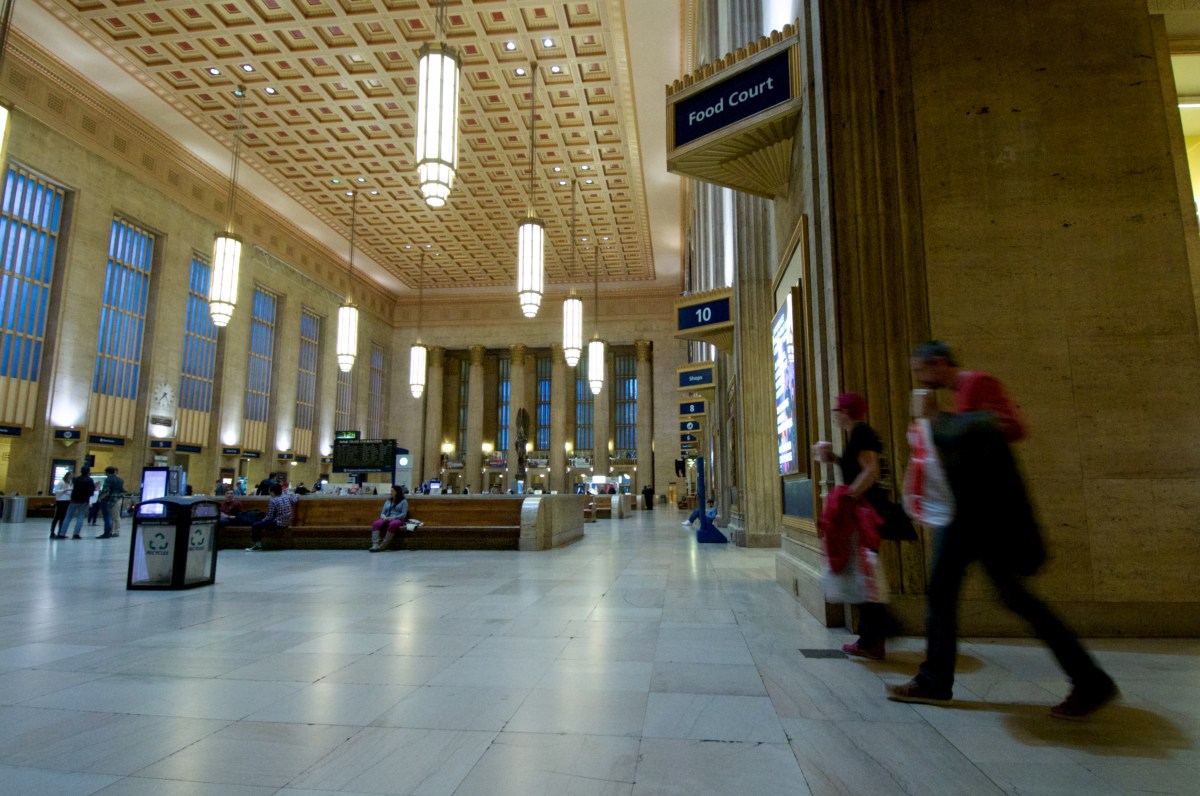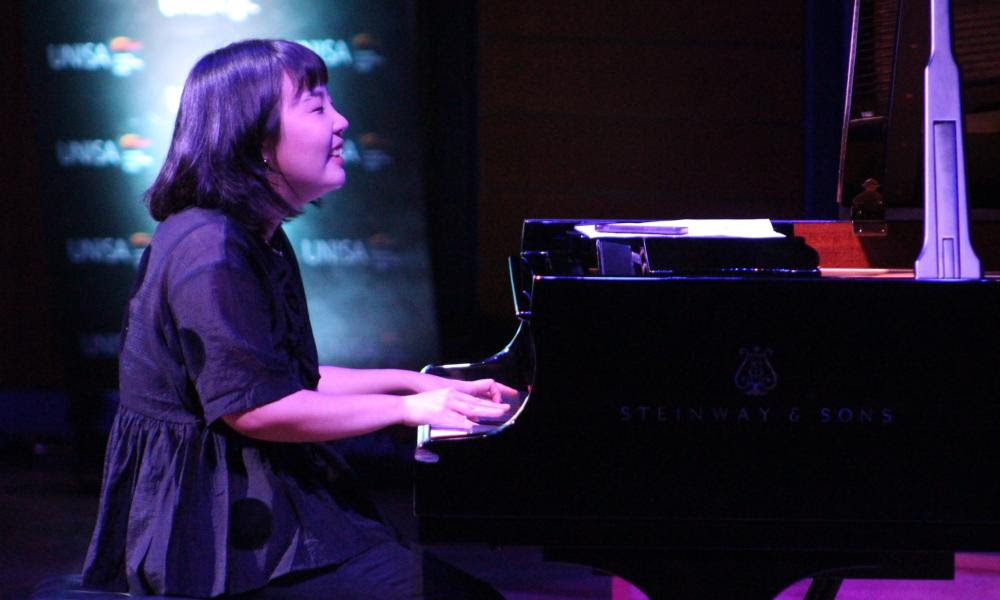
The number of new tuberculosis cases recorded in New York City jumped by 10 percent last year, the largest increase in 25 years, according to a new report released on Monday.
City officials expressed concern over the health department report detailing 613 new cases in 2017, which is up from 556 recorded in 2016. The number of new multidrug-resistant TB cases also grew in 2017, from 11 to 14.
“New York City has been a leader in TB control, and we need to address this increase in cases,” said Dr. Joseph Burzynski, assistant commissioner for the health department’s Bureau of TB Control. “It will require a coordinated public health response, coupled with the city’s robust health care infrastructure, to make progress in the effort to eliminate tuberculosis as a threat in New York City.”
This is the first time that the city has seen an increase in new TB cases since 2003, according to the report.
Burzynski said TB was found in almost every New York City neighborhood last year, with Sunset Park, western Queens and Flushing having the highest rates of cases. The borough of Queens had the highest rate of cases — 10.6 per 100,000 people. The citywide rate of TB was 7.5 cases per 100,000 people.
As with past yearly reports, city residents born outside the United States continued to be disproportionately affected by TB last year, making up 87 percent of new cases, according to the report. The most common countries of origin included China, the Dominican Republic, Ecuador, India and Mexico.
Health Commissioner Dr. Mary Bassett said the city health department is the leading provider of TB care in the five boroughs. But while the city has maintained its budget for TB control, federal funding has been cut by 65 percent.
“Tuberculosis is a deadly, yet curable disease,” Basset said. “We’re committed to ensuring equitable access to rapid and quality diagnosis and treatment for all New Yorkers.”
Despite the cutbacks, the health department said it maintained services at four clinics in 2017, providing no-cost testing, treatments and more to about 54 percent of those diagnosed with TB in the city.
































